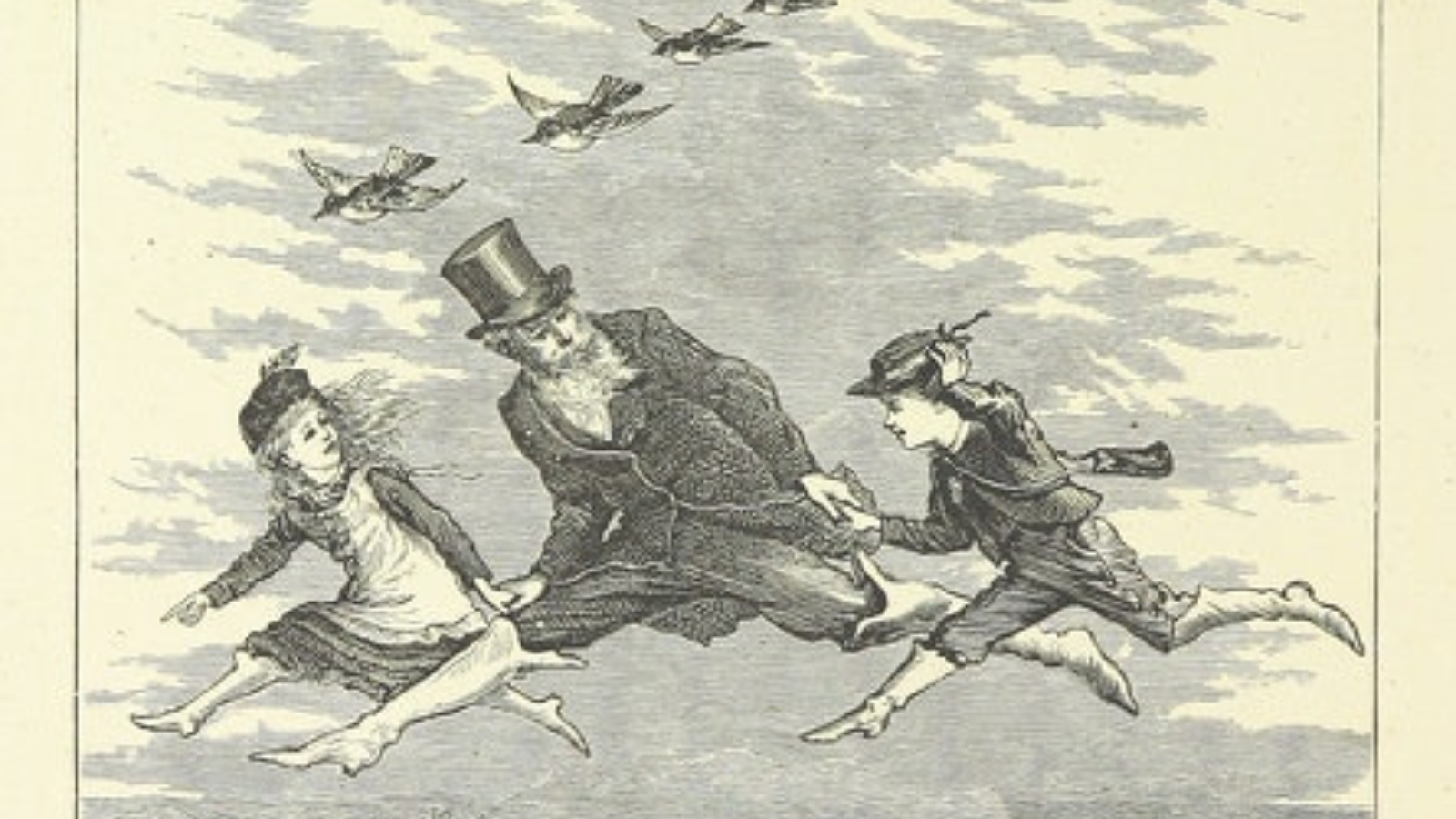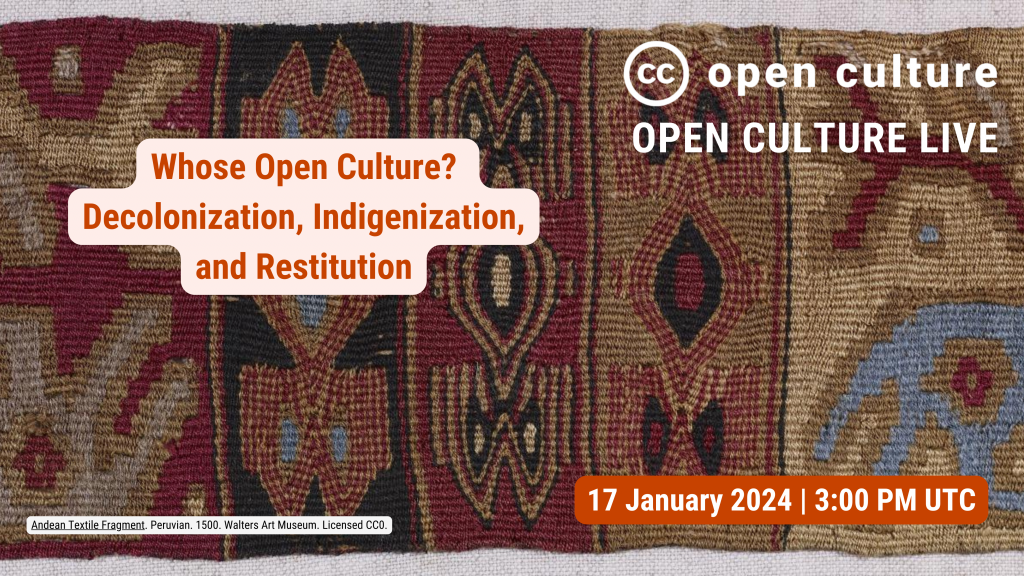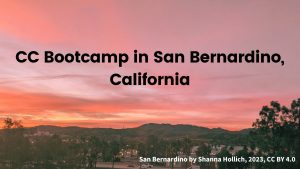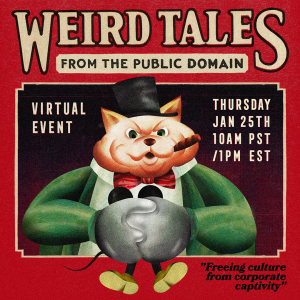UK Court Clears Path for Open Culture to Flourish
jeudi 18 janvier 2024 à 20:09
In November 2023, the Court of Appeal in THJ v Sheridan¹ offered an important clarification of the originality requirement under UK copyright law, which clears a path for open culture to flourish in the UK.
A game-changing ruling
In setting the copyright originality threshold, the court stated: “What is required is that the author was able to express their creative abilities in the production of the work by making free and creative choices so as to stamp the work created with their personal touch.” Crucially, the court affirmed that “this criterion is not satisfied where the content of the work is dictated by technical considerations, rules or other constraints which leave no room for creative freedom.” For a thorough analysis of the case, see Professor Eleonora Rosatti’s take for the IPKat.
The case is potentially a game-changer in the UK open culture landscape, as noted by open culture advocates Bendor Grosvenor (paywall) and Doug McCarthy. How so? Because by setting the standard for copyright to arise based on “free and creative choices” it effectively bars copyright claims from being made over faithful reproductions of public domain materials (i.e., materials that are no longer or never were protected by copyright).
No copyright for faithful reproductions of public domain materials
This is a position that Creative Commons (CC) has been championing for years as part of our Open Culture Program: digital reproductions of public domain material must remain in the public domain. In other words, no new copyright (or related right) should arise over the creation of a digitized “twin.” Europeana and the Communia Association, among many other open culture organizations, share this position. It is also aligns with Article 14 of the 2019 EU Directive on Copyright in the Digital Single Market, which states that: “when the term of protection of a work of visual art has expired, any material resulting from an act of reproduction of that work is not subject to copyright […]”.
In practice, this means that CC licenses should not be used by cultural heritage institutions (museums, libraries, archives, etc.) to release digital reproductions of public domain works, since licenses can only be used in connection with in-copyright content. To share digital twins of public domain content, we recommend the public domain dedication tool (CC0) or the public domain mark (PDM).
A widespread but problematic practice
Alas, a great many institutions still claim full copyright or use CC licenses to share faithful reproductions of public domain material, often against payment of a (steep) fee — this is particularly prevalent in the UK, as reported by Dr. Andrea Wallace in her study for the Towards a National Collection program.
In an effort to curb this undesirable practice, in 2022, a CC Open Culture Platform working group led by Deborah De Angelis (CC Italy) and Tomoaki Watanabe (CC Japan) investigated this issue and developed proposals for technical, legal, and social interventions to address the problem of “PD BY” (i.e. the use of CC BY licenses to share reproductions of public domain works). On that basis, we are currently developing a set of guidelines to provide alternative design ideas and platform examples to cultural heritage institutions that wish to better share the digitized public domain cultural heritage material in their collections. Stay tuned for their release soon!
A new dawn for open culture in the UK and around the world?
This court case unlocks vast untapped potential for open culture to blossom in the UK cultural heritage sector. We are heartened that by offering enhanced legal certainty, this decision will give a boost to cultural heritage institutions to engage more deeply in the open culture movement and make these vast collections openly accessible to everyone.
Get Involved
For additional guidance and tailored support in developing or implementing open access policies or to get involved in promoting open culture around the world:
- Join the CC Open Culture Platform
- Sign up for our Open Culture Matters newsletter
- Support our policy initiative Towards a Recommendation on Open Culture (TAROC)
- Take our CC Certificate online training
- Contact us at info@creativecommons.org
¹ THJ Systems Limited & Anor v Daniel Sheridan & Anor [2023] EWCA Civ 1354, https://caselaw.nationalarchives.gov.uk/ewca/civ/2023/1354
The post UK Court Clears Path for Open Culture to Flourish appeared first on Creative Commons.


